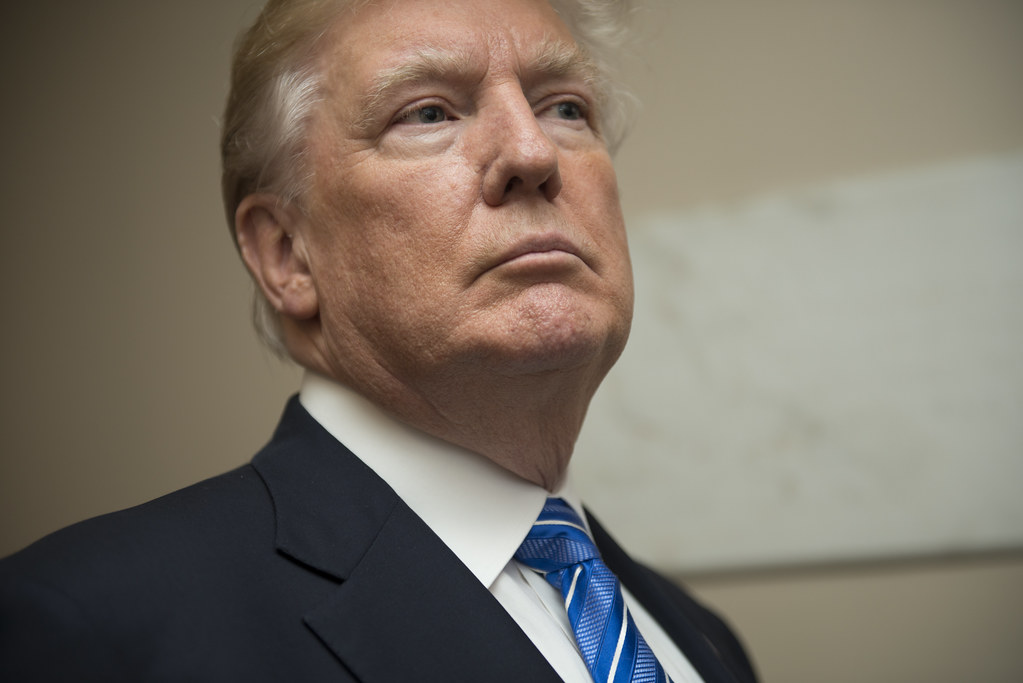Key Takeaways:
• President Trump honored Charlie Kirk but declared, “I hate my opponent.”
• Trump contrasted Kirk’s kindness toward rivals with his own tough stance.
• His words highlight a refusal to wish political foes well.
• The remarks could shape the tone of future MAGA debates.
Why Trump Says “I Hate My Opponent”
Introduction
At Charlie Kirk’s memorial service in Glendale, Arizona, President Donald Trump spoke warmly about the late conservative activist. Yet he surprised many when he admitted, “I hate my opponent.” Even though he praised Kirk’s work, he drew a clear line between their styles. He praised Kirk for uniting the MAGA movement, but he disagreed with Kirk’s wish to treat opponents kindly.
Context of the Memorial
Charlie Kirk founded a major conservative group that rallied many young voters. His sudden death shocked the movement. In his address, Trump began by honoring Kirk’s energy and influence. He noted how Kirk took on tough debates with respect. Then Trump shifted tone and shared his own approach.
Trump Praise and Contrast
First, Trump celebrated Kirk’s impact. He said Kirk had a gift for debate and building support. He admired how Kirk could convince people to join their cause. However, Trump moved on to draw a contrast. He told mourners he could not share Kirk’s compassion for rivals. He paused, then said, “That’s where I disagreed with Charlie. I hate my opponent and I don’t want the best for them.”
The Meaning of “Hate My Opponent”
When Trump declared, “I hate my opponent,” he spoke bluntly. He meant he won’t wish success on anyone running against him. In his view, that attitude keeps him strong. Yet Kirk believed in leading opponents toward “the great way of life in our country.” He hoped rivals could find common ground. Trump’s words showed a sharp break from that philosophy.
Transitioning from praise to tough talk surprised many guests. For example, Trump even suggested Kirk’s widow, Erika, might change his mind. He said, “Maybe Erika can persuade me otherwise, but right now I can’t stand my opponent.” His honesty resonated with people who support a hard-line stance.
Reactions and Implications
Public reaction came swiftly. Some supporters cheered Trump’s fierce honesty. They said it underlines why he stays popular among hardcore voters. Others worried it deepens political division. They fear calls to “hate my opponent” only fuel hostility.
Furthermore, pundits noted this moment may shape future GOP debates. If leading Republicans adopt Trump’s tone, campaigns could become harsher. Meanwhile, those favoring Kirk’s style may push for kinder exchanges. This split might guide candidate strategies in the months ahead.
In addition, social media lit up with mixed views. Some praised Trump’s “no compromise” stance. Others said it came across as too extreme. Yet nearly everyone agreed the phrase “hate my opponent” will stick in the public mind.
Why This Moment Matters
This speech marked a clear choice between two approaches. On one side stands Kirk’s vision of polite persuasion. On the other stands Trump’s promise of relentless competition. Moving forward, Republican candidates may pick one of these paths.
Moreover, Trump’s declaration could influence how voters perceive him. For supporters, it may reinforce his image as a fighter. For critics, it might highlight a refusal to seek unity. Either way, the phrase “hate my opponent” captures a larger debate about political tone in America.
Closing Thoughts
At the Kirk memorial, Trump combined respect and rivalry in one speech. He honored a friend while reminding everyone of his own style. By saying, “I hate my opponent,” he left no doubt where he stands. As the political season heats up, that stance may echo in rallies and debates across the country.
Frequently Asked Questions
What did President Trump say about his political rivals?
He said, “I hate my opponent and I don’t want the best for them,” showing he won’t offer goodwill to rivals.
Why did Trump praise Charlie Kirk?
He admired Kirk’s talent for debate and his role in uniting the MAGA movement.
How did Trump contrast his style with Kirk’s?
Kirk wanted to wish rivals well and guide them, while Trump openly rejects goodwill toward opponents.
Could Trump’s remarks affect future debates?
Yes, his hard-line stance may push other candidates to adopt a tougher tone or embrace Kirk’s kinder approach.
